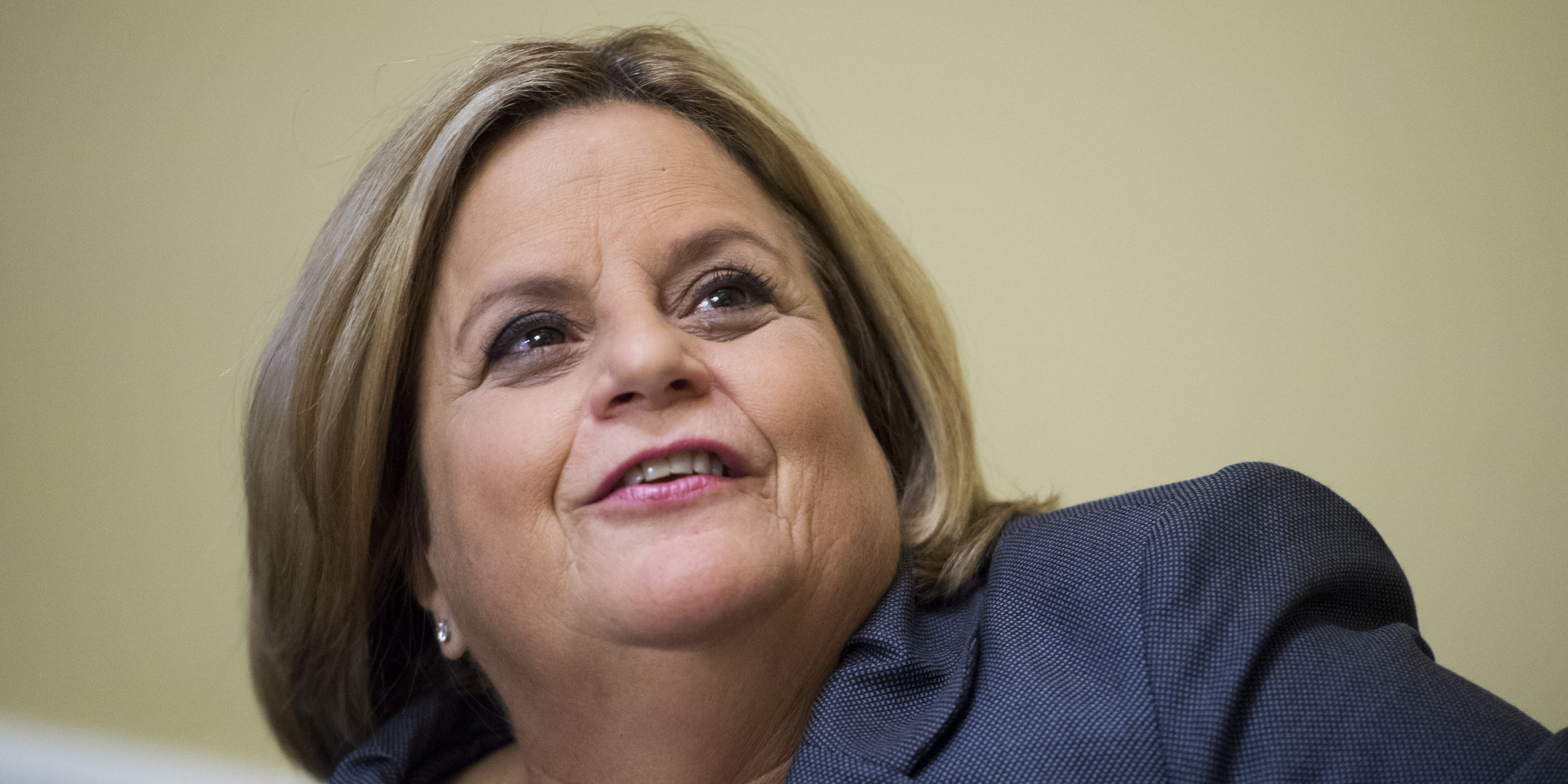
On Russia and Ros-Lehtinen’s retirement
[Cuba Central] paid special attention to the letter written to the White House by 16 retired and highly respected U.S. military officers. If the new administration fails to uphold our existing policy of engaging politically and economically with Cuba, they wrote, “it is certain that China, Russia, and other entities whose interests are contrary to the United States’ will rush into the vacuum.”
We also detected a note of frustration in the voice of Rep. Ileana Ros-Lehtinen (FL-27) about the yet-unrevealed conclusion of the administration’s Cuba policy review. “If President Trump goes back on his word and doesn’t roll back on these concessions,” she said, referring to President Obama’s reforms, “I think a lot of our folks in our community will be quite displeased.”
On Sunday, Rep. Ros-Lehtinen made public her decision to retire from Congress rather than run for another term in office. On Wednesday, we learned that Russia had sent a shipment of 249,000 barrels of refined oil products to energy-short Cuba and had signed a long-term supply agreement with Cuba’s government.
These are not unrelated events. The convergence of Russia’s oil shipment and Rep. Ros-Lehtinen’s announcement is simply the latest, vivid reminder that the old, beaten path of trying to isolate and sanction Cuba into submission is exhausted and long past its retirement age.
Since the end of the Cold War, the United States kept an unyielding grip on a policy that reliably undermines U.S. interests. After the Soviet Union pulled out of Cuba, and Mikhail Gorbachev pulled down the banner of the U.S.S.R., nearly a quarter-century elapsed before the U.S. Secretary of State and Cuba’s Foreign Minister could stand side by side and watch their nations’ flags whip in the wind together.
While the U.S. and Cuba have real differences, what prevented us from restoring diplomatic relations before, and hampers our ability to build confidence and enjoy the fruits of a more normal relationship now, is our domestic politics. As Vox wrote in 2014, “those domestic politics are driven by the extremely strong preferences of a politically active Cuban-American exile community concentrated in the electorally crucial swing state of Florida.”
Rep. Ros-Lehtinen is an authentic and durable figure, and not just derivative of her South Florida political milieu. As Marc Caputo wrote in Politico, she was “the first Hispanic woman and first Cuban American ever elected to Congress and, before that, the Florida state legislature.” Political opponents called her a “role model for millions of Latinos looking to break barriers in electoral politics.”
Although her conservative foreign policy views, as U.S. News and World Report observed, also encompassed support for programs like PEPFAR, which effectively fights HIV/AIDS in Africa, her commitment to the ossified policy of trying to overthrow the Cuban regime, seemingly by any means necessary, was unwavering (she opposed U.S. negotiations to gain the release of Alan Gross, for example).
As with her like-minded allies, who tirelessly advocate for tougher sanctions on Cuba and oppose travel to Cuba by others, but have never visited the island to see it for themselves, she used her politically secure seat to gain and accrue greater power to keep a failed policy in place. Despite its immense costs, Cuba policy hardliners succeeded in doing this until President Obama made the decisive change in U.S. policy on December 17, 2014.
So Rep. Ros-Lehtinen’s decision to leave Congress — and separately, the threat of legal jeopardy menacing Senator Robert Menéndez of New Jersey — is significant because of the intersection between politics and policy.
From 1980 to 2000, Republican candidates for president won, on average, 78.67 percent of the Hispanic vote in her Miami-Dade County. As the Miami Herald recently reported, in Miami-Dade County, where one out of three residents is Cuban-American, Secretary Clinton ran ahead of then-candidate Trump by 30 points, 64 percent to 34 percent.
In the House, Rep. Ros-Lehtinen represents one of only two majority Cuban-American congressional districts in the nation. But the demographics of her district have changed. The earliest arrivals from Cuba are aging out. Party registration has shifted. Members of the community have moved, inter-married, visited relations in Cuba, and have horizons — and demands for jobs, education, health care, and more — that extend beyond Cuba as a policy issue.
While these trends are actively reshaping the 10-16 metropolitan areas in Florida and elsewhere in the U.S. that have measurable Cuban-American populations, even the New York-New Jersey region is dwarfed in size by the adjoining districts represented by Rep. Ros-Lehtinen and Rep. Mario Díaz-Balart. While Rep. Ros-Lehtinen may be ending her four-decade career in politics for utterly human and apolitical reasons, her decision to give up a congressional seat in Miami-Dade County matters: The changes in her district are broadly indicative of a power shift that will mute the ability of pro-sanctions Cuban Americans to block engagement with Cuba over the long term.
This shift has already given greater voice to the “large pro-engagement coalition that includes lawmakers from both parties, businesses and young Cuban-Americans, (which) is calling on the White House to build on the foundation of engagement it inherited,” as the New York Times said in its powerful editorial this week.
We still don’t know what President Trump has in mind for the future of U.S.-Cuba relations as his review of the policy winds down. We already know, as the retired flag officers wrote prophetically last month, that his policy choices will determine whether we create or fill the void that exists between our two countries. If he doesn’t believe the officers, he can always ask Russia.
(From Cuba Central)

